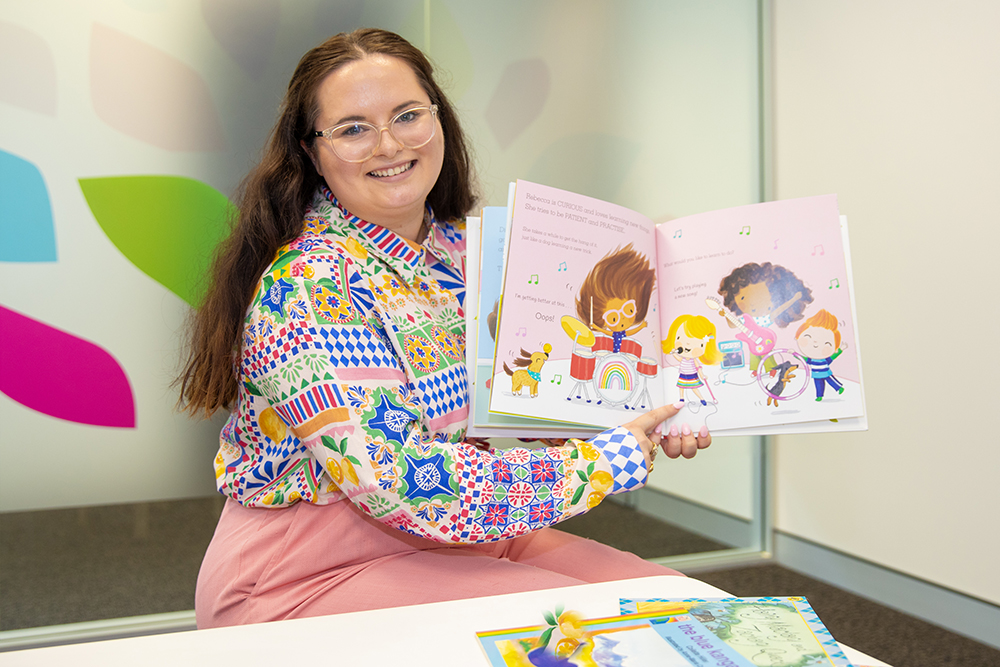18 November, 2024
The Importance of Story Reading for Language Development

As parents, caregivers, and educators, we often seek effective ways to support children’s language development. One of the most powerful and enjoyable methods is through story reading. This simple, engaging activity nurtures a love for books while significantly enhancing language skills. Here, we explore the many benefits of story reading, along with some tips to maximise language development during this valuable time.
The Benefits of Story Reading
- Vocabulary Expansion: Reading aloud introduces children to a wide vocabulary they might not encounter in everyday conversations. Picture books and stories often include descriptive language and diverse words that enrich a child’s vocabulary.
- Improved Comprehension Skills: Story reading fosters comprehension skills, helping children understand and interpret both written and spoken language. As they engage with the story, they learn to make predictions, ask questions, and summarise content. Encourage your child’s interest by discussing the pictures or characters they focus on and providing words to describe what they see.
- Exposure to Sentence Structure and Grammar: Hearing stories read aloud helps children grasp sentence structure and how grammar functions in context, equipping them to form coherent sentences as they start to speak.
- Development of Imagination and Creativity: Story reading sparks imagination, allowing children to visualise characters, settings, and events. This creative engagement supports cognitive development and encourages them to create their own stories.
Tips for Effective Story Reading
To maximise language development, set yourself and your child up for success with these tips:
- Choose Age-Appropriate Books: Select stories suited to your child’s developmental level to keep them engaged and learning.
- Make It Interactive: Encourage your child to ask questions, point to pictures, or even finish sentences. This helps reinforce language skills.
- Create a Cosy, Safe Environment: Find a quiet, comfortable spot for story time to make it enjoyable and focused.
- Incorporate Story Reading into Daily Routines: Consistency is key, make story time part of your everyday activities.
- Allow Your Child to Choose Books: Giving them choice promotes autonomy and makes reading feel rewarding.
Story reading is a valuable tool for supporting language development in young children. Through engaging narratives, we equip them with essential skills that benefit them throughout their lives. Beyond language development, story reading strengthens bonds and creates lasting memories. So, grab a book, find a cosy spot, and embark on a reading adventure with your child!


